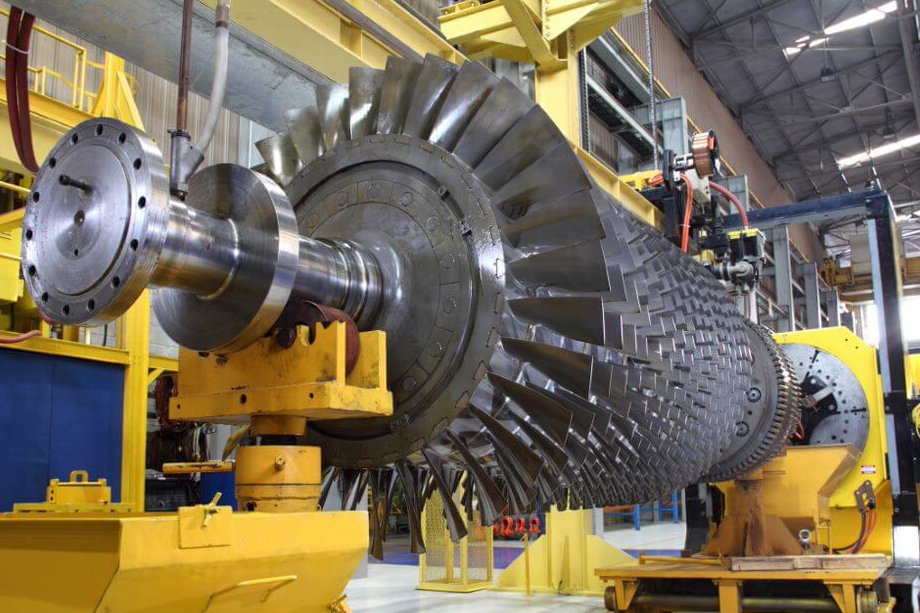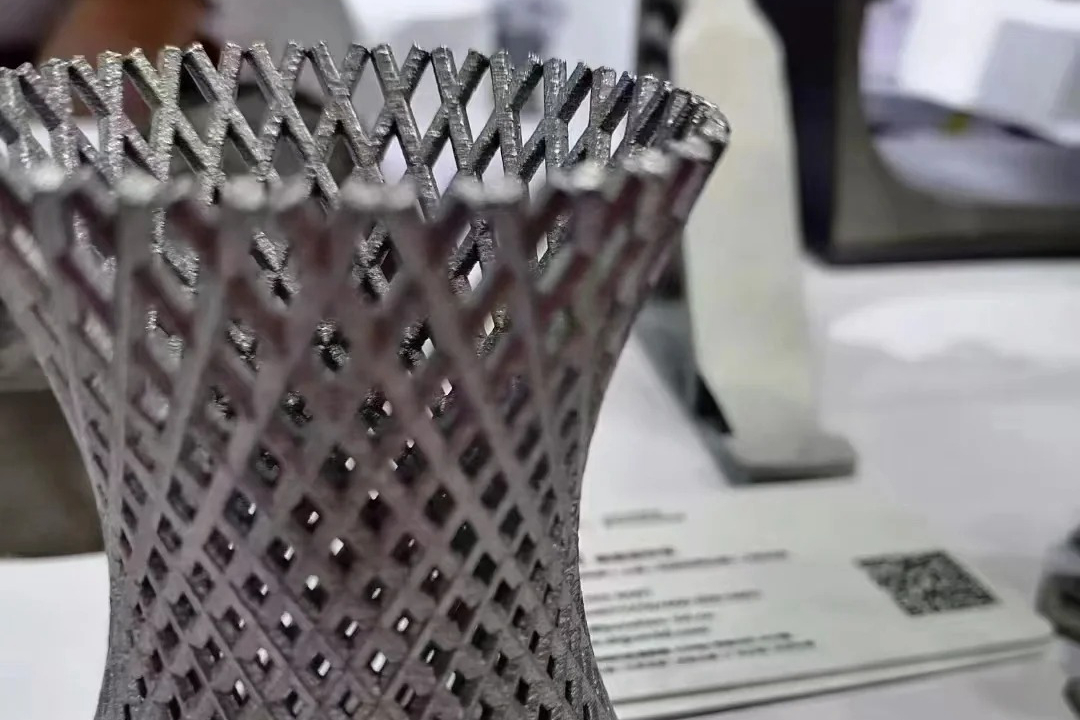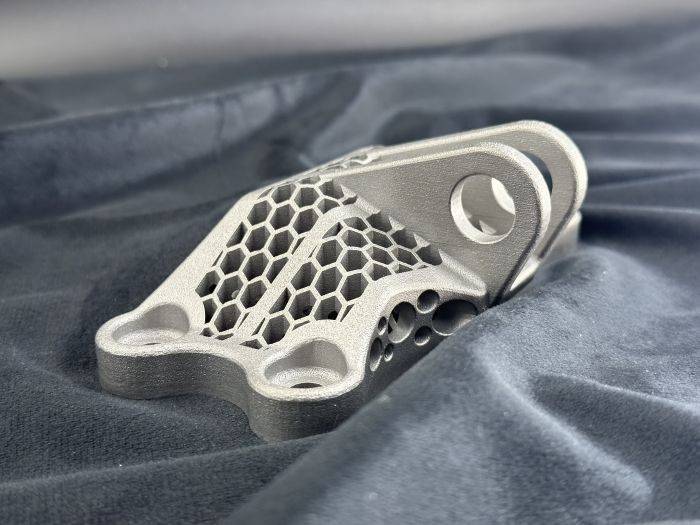What are the most common post-processing methods for 3D printed parts?
What Are the Most Common Post-Processing Methods for 3D Printed Parts?
1. Heat Treatment
Heat treatment is widely used to improve mechanical properties such as strength, ductility, and fatigue resistance. For metal parts—especially those produced via Superalloy 3D Printing or Titanium 3D Printing—heat treatment refines the microstructure, relieves residual stresses, and enhances thermal stability. Common techniques include solution treatment, aging, and annealing.
2. Hot Isostatic Pressing (HIP)
HIP is critical for eliminating internal porosity and achieving near-full density in metal and ceramic parts. It applies high pressure and temperature uniformly to seal microscopic voids and improve fatigue life, fracture toughness, and isotropy. HIP is commonly used in aerospace and energy components produced via Powder Bed Fusion.
3. CNC Machining
CNC Machining ensures dimensional accuracy, fine surface finish, and precise tolerances. Since many 3D printed parts have rough as-printed surfaces or require tight geometric control, CNC is used to post-process critical features such as threads, bores, and sealing surfaces across industries like automotive and medical.
4. Surface Finishing
Surface finishing methods enhance part aesthetics, wear resistance, and corrosion protection. Common techniques include:
Polishing: Reduces roughness for improved appearance and performance.
Sandblasting: Provides uniform matte surfaces and prepares parts for further coating.
Electropolishing: Especially useful for stainless steel components.
5. Coating and Surface Treatments
Protective coatings extend the performance of parts in demanding environments. These include:
Thermal Barrier Coatings (TBC): For high-temperature insulation.
Anodizing: For aluminum corrosion resistance.
PVD Coating: For wear and aesthetic enhancement.
6. Infiltration and Impregnation
Porous materials like polymer or ceramic prints may undergo resin or metal infiltration to improve strength, sealing, or conductivity. This method is especially used in functional resin 3D printing or in ceramic mold applications.
7. Assembly and Joining
Post-printed parts are often integrated into larger assemblies. Processes include mechanical fastening, welding, or adhesive bonding, particularly in multi-part designs produced through multi-material jetting or modular component fabrication.
Recommended Post-Processing Solutions by Neway
To support high-performance applications, Neway offers full post-processing capability:
Heat Treatment: For mechanical property enhancement.
Hot Isostatic Pressing (HIP): For internal densification.
CNC Machining: For precision finishing.
Surface Treatment: For corrosion and wear resistance.
Painting: For aesthetic and functional surface coverage.



